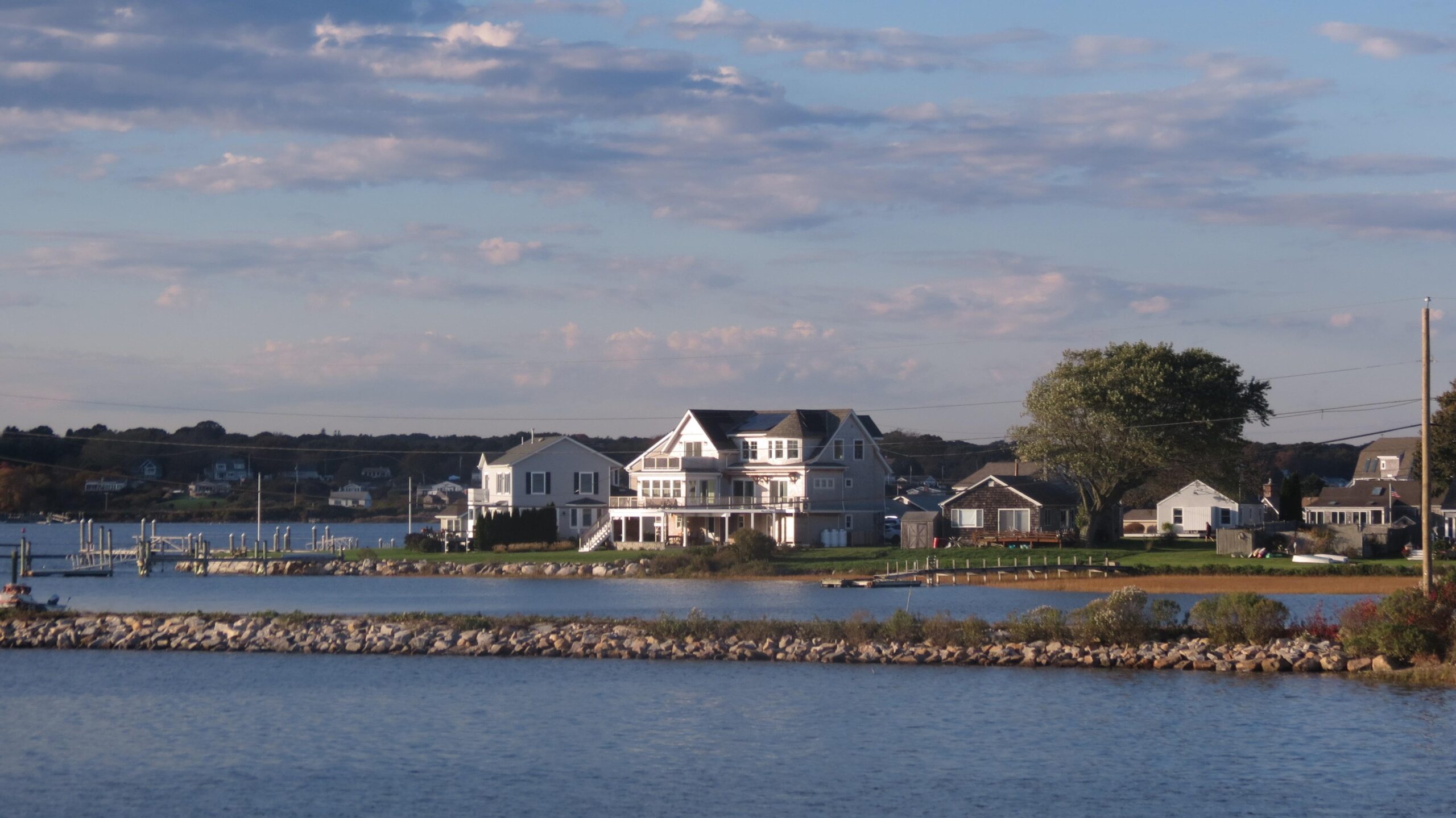On March 18, the Narragansett Town Council discussed another ordinance affecting rental homes, proposing a minimum rental period of seven days.
Over the past few years, Narragansett had been proposing and approving different types of housing ordinances. For example, another recent ordinance set a limit of three unrelated people who can rent a single-family house together.
Some Narragansett citizens who own small businesses or are actively involved in the rental property business do not feel that this would be in Narragansett’s best interest, such as George Nonis, the president of Narragansett 2100.
Narragansett 2100 is an organization of 360 landlords who own rental property in Narragansett, out of the total 2,100 landlords of the town. They work with students from the University of Rhode Island as well as the Narragansett Police Department, meeting together once a month to discuss issues in the community.
Nonis said they had been fighting different ordinances since 2016 and had actually reversed the three-person ordinance three times previously before it had been passed the most recent time.
“They’ve told 1,200 students that you can’t rent here anymore,” Nonis said. “So they’d prefer to have 1,200 empty bedrooms than to have them filled with students.”
While the short-term rental ordinance does not have the same effect on academic rentals as vacation rentals, this along with the other ordinances that Narragansett has passed so far would vastly limit the amount of people who could visit and stay in the town.
“Now this is like the last straw, which is the short term rental,” Nonis said. “You put them all together and basically the Town Council is saying we want to be able to determine who can and can’t live in town and who can and can’t visit town.”
Kim Churas is a founder of Sunrise Properties in Narragansett, an organization that rents out different types of properties, including vacation rentals. She said that property owners would be the most affected by this change if this ordinance made it past the second vote.
Since vacation rentals have already been reserved for this summer, property owners would most likely see the effects starting in the summer of 2025. This ordinance would need to go through the second vote in order to take effect.
Nonis first heard the news of the ordinance two years ago when it was proposed but was not approved. After it had been pulled from the agendas of Town Council meetings, it was introduced again later on with an outside consultant study.
However, the consultant did not talk to people who faced the effects of the ordinance, such as people who rent, landlords or property managers, Nonis said.
He mentioned that the effects would not stop at property owners, but would also extend to other areas of the town, particularly small businesses. This would reflect the impacts on tourism, Nonis said, because fewer visitors would be inclined to visit Narragansett for a vacation if they did not have a place to stay.
In turn, this would mean that the small businesses would not have as many tourists visiting them, and would be particularly noticeable in the summer and during major URI events.
“Think about the weekends around URI,” Nonis said. “Graduation, people come down, families stay in an Airbnb for three days.”
With the restrictions and ordinances the Narragansett’s Town Council is looking to approve, this may not be possible anymore.
“This is what they’re doing– making Narragansett a resident-only town, a non-inclusionary town,” Nonis said.
The impacts of the ordinance are not seen at the moment since the second vote must happen in order for the proposed changes to take effect.

